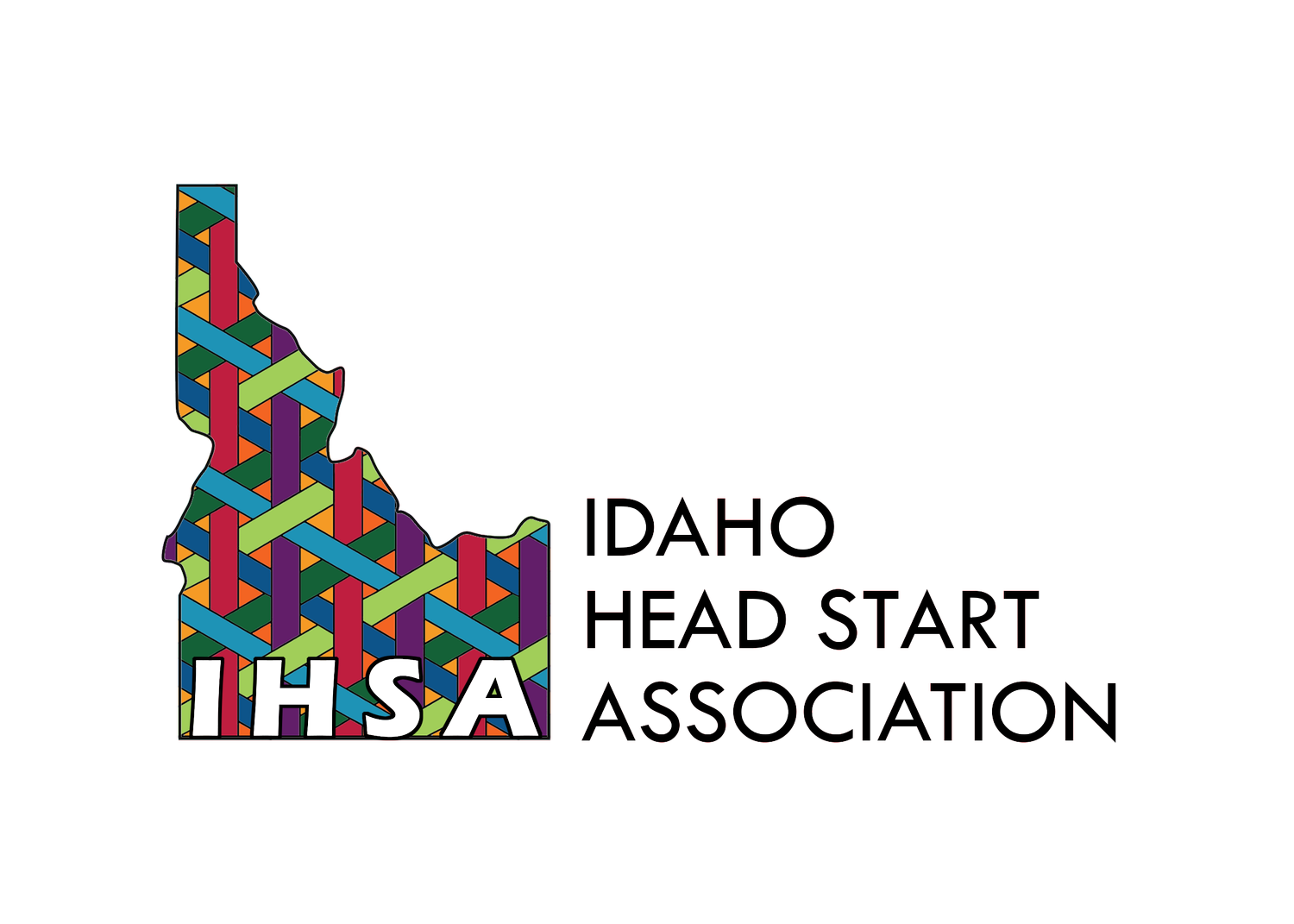It’s a painful reality that too many children in our country face challenges beginning at birth. During a recent visit to the Head Start community in West Virginia, I heard from programs about just what Nicholas Kristof describes in his recent column, Building Children’s Brains, — babies born on drugs, early attachments interrupted when parents are incarcerated, and communities overwhelmed by the instability of families. To Mr. Kristof’s point - we need to invest in the earliest years of life to ensure our children are fully prepared to compete in their later years.
OP-ED: The Benefits of Head Start | Bill Foxcroft
On this 50th anniversary of Head Start, the most successful and longest running national school readiness program in the U.S., it is important to celebrate, but also to address some of the serious misperceptions and misunderstanding about the value and effectiveness of Head Start.
First, the evidence is clear that children who enter school not ready to learn, are disadvantaged throughout their lives - they are likely never to “catch up” in their ability to read, learn and succeed. This is most evident for children living in poverty; in these kids there is a long term, persistent achievement gap. They are over-represented in statistics of reading failure and school drop-out rates. Head Start represents a national commitment to providing early learning opportunities for these low income and vulnerable young children and comprehensive supports to help their families achieve long-term stability and success. The Head Start premise is simple but powerful: every child, regardless of circumstances at birth, has the ability to reach their full potential if given the opportunity.
The Fadeout Shibboleth | By Yasmina Vinci
[shib·bo·leth/noun: a common saying or belief with little current meaning or truth.]
Although not frequently used, the term shibboleth precisely describes the oft-repeated, yet fallacious, assertion that the benefits of Head Start completely fade out by third grade,
In recent years, foes of federal investment in early childhood education cite fade out as a justification for disinvestment. Somehow, a snapshot of cognitive development, taken in the third grade, has become a proxy for the long-term effects of quality early learning.
OP-ED: Early childhood education impacts parents, too | By William Strength
Sometimes lessons come from the most unexpected places. It’s natural to associate early learning programs with the growth and development of children, but what about parents? That is my story.
My young life was spent between two impoverished homes, rife with addiction. My mother was a gambling addict who played away all our money at the casino, despite the lack of food in the house. My father fostered a drug habit that often turned him violent and left no financial resources for food. He was arrested many times for violent crimes and drugs. As such, my school-aged life was spent on the move with little regard given to my education.
OP-ED: Pre-K, the Great Debate | By Nicholas Kristof
Against all odds, prekindergarten is gaining ground.
President Obama called again in his State of the Union address for Congress to support high-quality preschool for all, noting that 30 states are already moving ahead on this front (including New York).
“Research shows that one of the best investments we can make in a child’s life is high-quality early education,” Obama said. The House speaker, John Boehner, who sat stonily through most of Obama’s speech, applauded that line. Congress also unexpectedly increased financing this year for early education.

